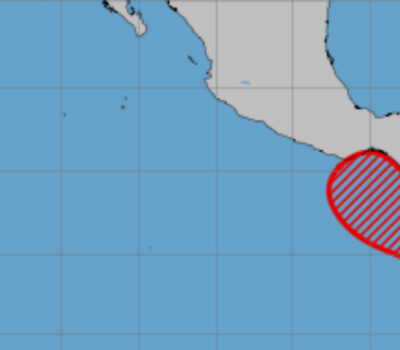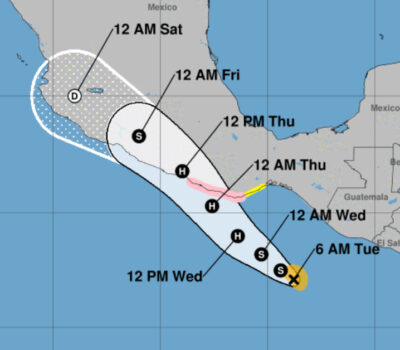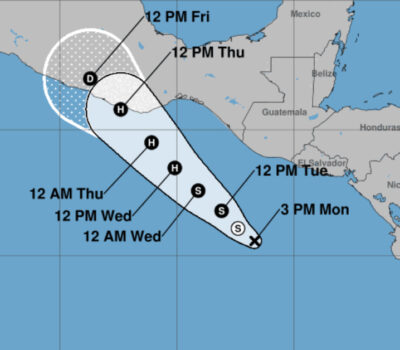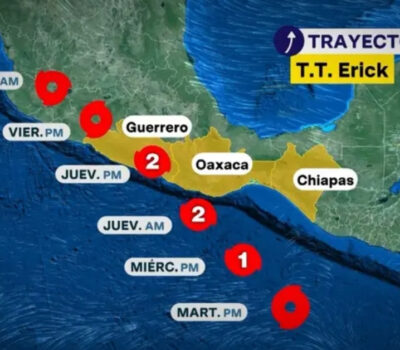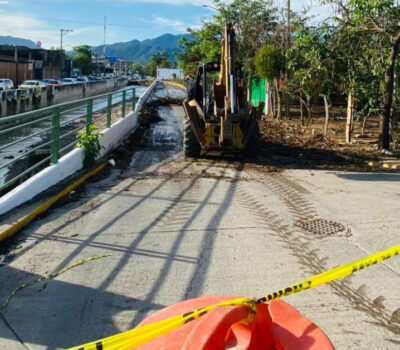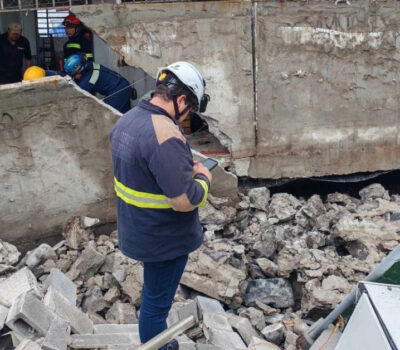Puerto Vallarta, Mexico – The United States has escalated its intelligence operations in Mexico, using unmanned drones to monitor cartel activities deep within Mexican territory. This revelation, disclosed by the CIA to Congress, could further strain the already tense relationship between Washington and Mexico City.
Expanded Surveillance Operations
According to reports from The New York Times and CNN, the drone surveillance program began under the Joe Biden administration but has intensified since Donald Trump’s return to the presidency. U.S. officials state that at least 18 surveillance flights occurred during the first two weeks of Trump’s presidency. The MQ-9 Reapers, capable of flying undetected at altitudes exceeding 50,000 feet, have been instrumental in locating fentanyl laboratories by detecting chemical emissions.
The Trump administration has classified drug cartels as terrorist organizations, granting Washington broader powers to combat transnational gangs. The U.S. State Department is currently reviewing a list of six Mexican cartels—including the Sinaloa Cartel, Jalisco Nueva Generación, the Northeast Cartel, and others—to potentially designate as terrorist groups.
Mexico Responds to Alleged Sovereignty Violations
Mexican President Claudia Sheinbaum has responded cautiously, avoiding direct confirmation on whether her administration authorized the drone flights. When questioned at a press conference, Sheinbaum dismissed concerns, suggesting the reports were part of a U.S. media campaign to exert pressure on Mexico.
Mexican authorities have reiterated their stance that bilateral security cooperation must respect national sovereignty. However, surveillance operations on Mexican soil could deepen diplomatic rifts, especially as Trump pushes for stricter immigration policies and trade measures that could lead to a trade war.
Heightened Military Involvement
The surveillance program is not limited to CIA drone flights. The Pentagon and the Department of Homeland Security have deployed additional aerial assets, including U-2 reconnaissance planes, RC-135 Rivet Joint radar aircraft, and P-8 Poseidon patrol planes. Military officials acknowledge conducting at least 25 surveillance flights along the border, though they assert these missions have not crossed into Mexican airspace.
Recent reports indicate that spy planes were detected off the coast of Sinaloa in early February, prompting concerns from Mexican defense officials. Ricardo Trevilla, Mexico’s Secretary of Defense, admitted that his government had little knowledge about the specific objectives of these overflights.
Border Crackdown and Intelligence Sharing
Since Trump’s inauguration, border security measures have tightened significantly. The U.S. Northern Command has deployed an additional 500 personnel to the southern border, reinforcing the 1,500 troops already stationed there. Notably, 140 intelligence officers have been assigned to monitor trafficking networks operated by cartels.
Tom Homan, the U.S. border czar, has credited these measures with drastically reducing illegal border crossings. On February 4, only 229 migrants were apprehended across the 1,800-mile-long U.S.-Mexico border—figures Homan described as unprecedentedly low.
General Gregory Guillot, head of the U.S. Northern Defense Forces, testified before the Senate that Mexican cartels remain a serious national security threat, both for their role in fentanyl production and for their facilitation of illegal immigration. Guillot emphasized that intelligence gathered from surveillance operations is being shared with Mexican authorities, urging them to increase military action against cartel-controlled regions.
Diplomatic Fallout and Future Implications
The drone flights underscore the growing pressure Washington is placing on Mexico to take a more aggressive stance against drug cartels. While U.S. officials argue that intelligence-sharing strengthens bilateral security efforts, Mexico sees these operations as potential encroachments on its sovereignty.
With tensions rising over trade, immigration, and security policies, the Sheinbaum administration faces a complex balancing act—cooperating with the U.S. on cartel-related threats while maintaining national autonomy. How Mexico navigates these challenges in the coming months will shape the future of U.S.-Mexico relations under the Trump and Sheinbaum administrations.
Puerto Vallarta, Mexico - The United States has escalated its intelligence operations in Mexico, using unmanned drones to monitor cartel activities deep within Mexican territory. This revelation, disclosed by the CIA to Congress, could further strain the already tense relationship between Washington and Mexico City.


